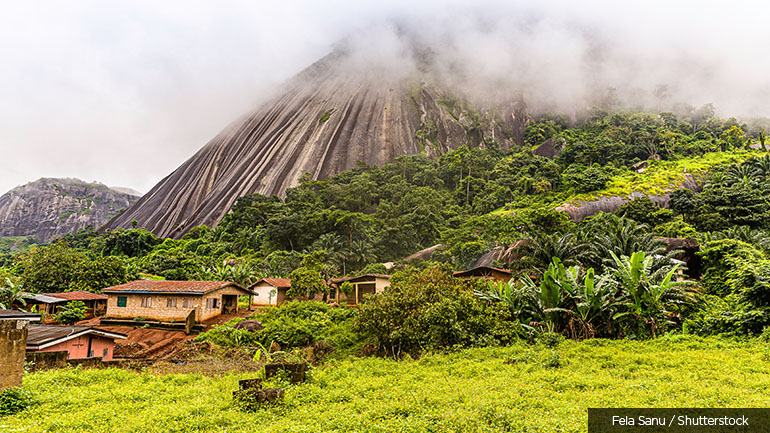
In the semi-arid northern region of Nigeria, about 80 percent of people derive their livelihoods from mixed rainfed cropping and livestock production systems. However, these drylands are under stress due to the growing human population and climate change. Over 351,000 hectares of land are lost to desertification annually, and desert-like conditions are estimated to spread southwards by 0.6 km annually. Northern Nigeria is also characterized by erratic availability of water resources, with cycles of frequent flooding during the wet season and water scarcity during the dry season. Increasing competition over access to declining natural resources contributes to conflicts, insurgencies, and violence, especially as pastoralists are pushed south in search of grazing land.
To tackle climate vulnerability, landscape degradation, and associated livelihood challenges, PROGREEN is supporting the “Agro-Climatic Resilience in Semi-Arid Landscapes” (ACReSAL) project through a knowledge program. This program aims to improve the knowledge base for adopting multi-sectoral approaches for desertification control and landscape management, improve community livelihoods and resilience, and strengthen institutions.
PROGREEN funding helped to create a solid informational foundation for the multi-sectoral landscape work of the ACReSAL project, which, in turn, significantly strengthened decision-making across different project components, both during design and implementation. During the design stage, the project team helped create an innovative, interactive e-PIM, which increased access to critical information and related products. During implementation, PROGREEN support continued to boost information visibility, data analysis capacity, and project decision-making by creating interactive dashboards to collate all publicly available information relevant to watershed management in Nigeria. The program also adapted watershed modeling tools to the Nigerian context to guide investments in sustainable landscape management and conducted online sessions to educate project staff on how to use these tools and information resources effectively. Moreover, the team assessed energy use in rural Nigeria and developed policy recommendations for advancing solar-powered irrigation in Nigeria.